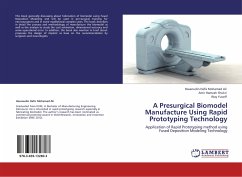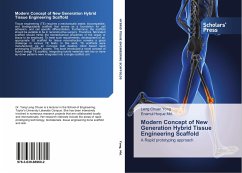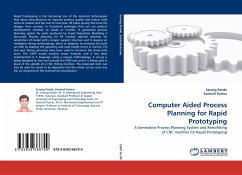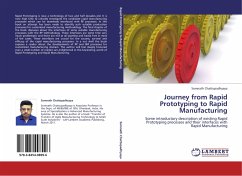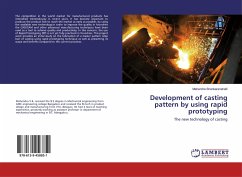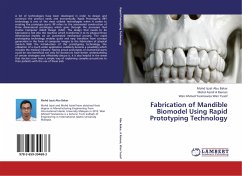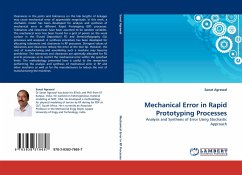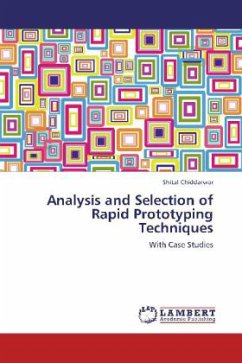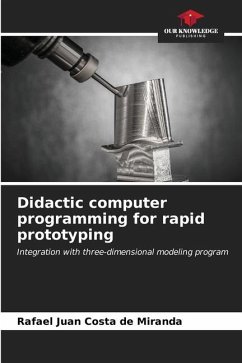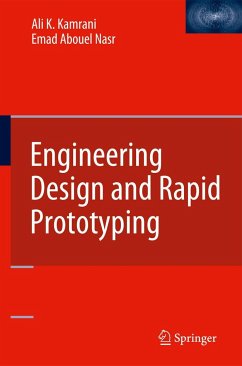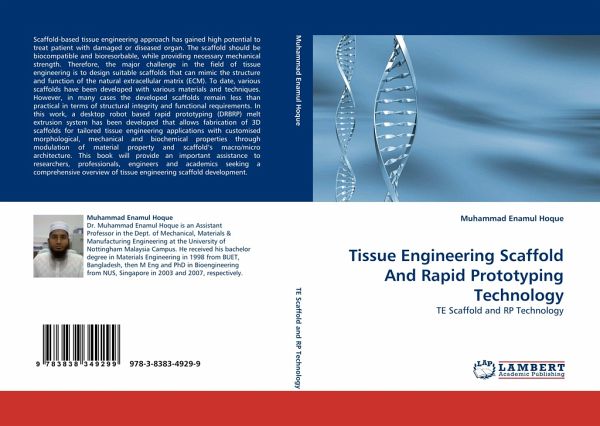
Tissue Engineering Scaffold And Rapid Prototyping Technology
TE Scaffold and RP Technology
Versandkostenfrei!
Versandfertig in 6-10 Tagen
32,99 €
inkl. MwSt.

PAYBACK Punkte
16 °P sammeln!
Scaffold-based tissue engineering approach has gained high potential to treat patient with damaged or diseased organ. The scaffold should be biocompatible and bioresorbable, while providing necessary mechanical strength. Therefore, the major challenge in the field of tissue engineering is to design suitable scaffolds that can mimic the structure and function of the natural extracellular matrix (ECM). To date, various scaffolds have been developed with various materials and techniques. However, in many cases the developed scaffolds remain less than practical in terms of structural integrity and...
Scaffold-based tissue engineering approach has gained high potential to treat patient with damaged or diseased organ. The scaffold should be biocompatible and bioresorbable, while providing necessary mechanical strength. Therefore, the major challenge in the field of tissue engineering is to design suitable scaffolds that can mimic the structure and function of the natural extracellular matrix (ECM). To date, various scaffolds have been developed with various materials and techniques. However, in many cases the developed scaffolds remain less than practical in terms of structural integrity and functional requirements. In this work, a desktop robot based rapid prototyping (DRBRP) melt extrusion system has been developed that allows fabrication of 3D scaffolds for tailored tissue engineering applications with customised morphological, mechanical and biochemical properties through modulation of material property and scaffold s macro/micro architecture. This book will provide an important assistance to researchers, professionals, engineers and academics seeking a comprehensive overview of tissue engineering scaffold development.



